By Hilary Westgate and Sam Wittenberg
Each semester since Fall 2015, librarians at Potter Library at Ramapo College have collaborated with the college’s Roukema Center for International Education to create an international Book Club for students, faculty, and staff. The Book Club was traditionally aligned with the Roukema Center’s themed regional years (https://www.ramapo.edu/international/itzn/regional-years/). In past years, librarians chose one to two books per semester, and the Roukema Center purchased copies of the selected titles to give to students for free. Librarians promoted the Book Club at the Student Involvement Fair, by tabling around campus, sharing on social media, and connecting with interested faculty who would then share with their students. We met three times per semester, usually in the library’s conference room, with tea, hot chocolate, and themed snacks; whenever possible, we purchased foods and snacks that aligned with the regional or country theme. We maintained a steady attendance throughout the years with participants joining from different groups across campus, including students, staff, faculty and administration.
In Spring 2020, when the pandemic began and we moved to remote learning, we had our final Book Club meeting of the semester online via Webex, which was well attended. We encouraged attendees to still make themselves comfortable with snacks and beverages at home while we chatted! Members expressed an interest in continuing on as a group despite the pandemic-related changes to our work and learning environments.
For Fall 2020, we converted the book club into a themed reading group using free online materials from outlets such as Lightspeed Magazine, Uncanny Magazine, Slate and PseudoPod that would still speak to the theme of internationalization, as well as some other sub-themes, such as supernatural stories for the Halloween season, or a focus on a certain genre, such as Africanfuturism. After meetings between the librarians and the Roukema Center staff, we decided to create the Global Talks series, which gives us the freedom to eventually expand the format beyond reading discussion to include things like guest lectures. The Roukema Center created a website (https://www.ramapo.edu/international/globaltalks/), and we set up three virtual meetings for the Fall 2020 semester, each to discuss literary works with a regional theme.


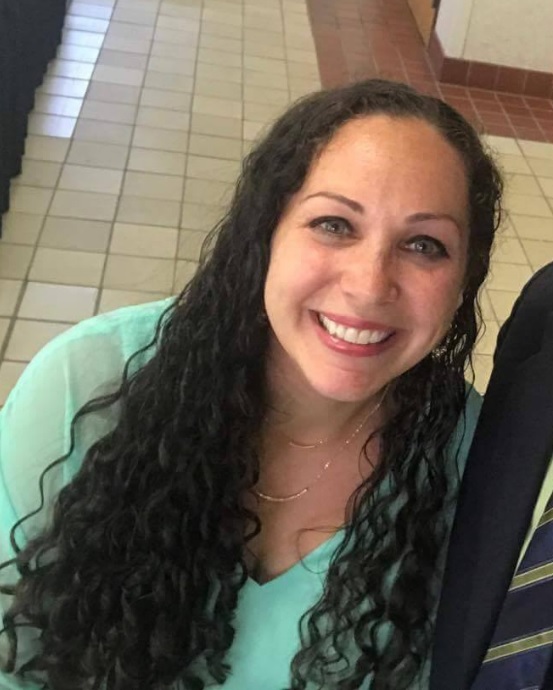
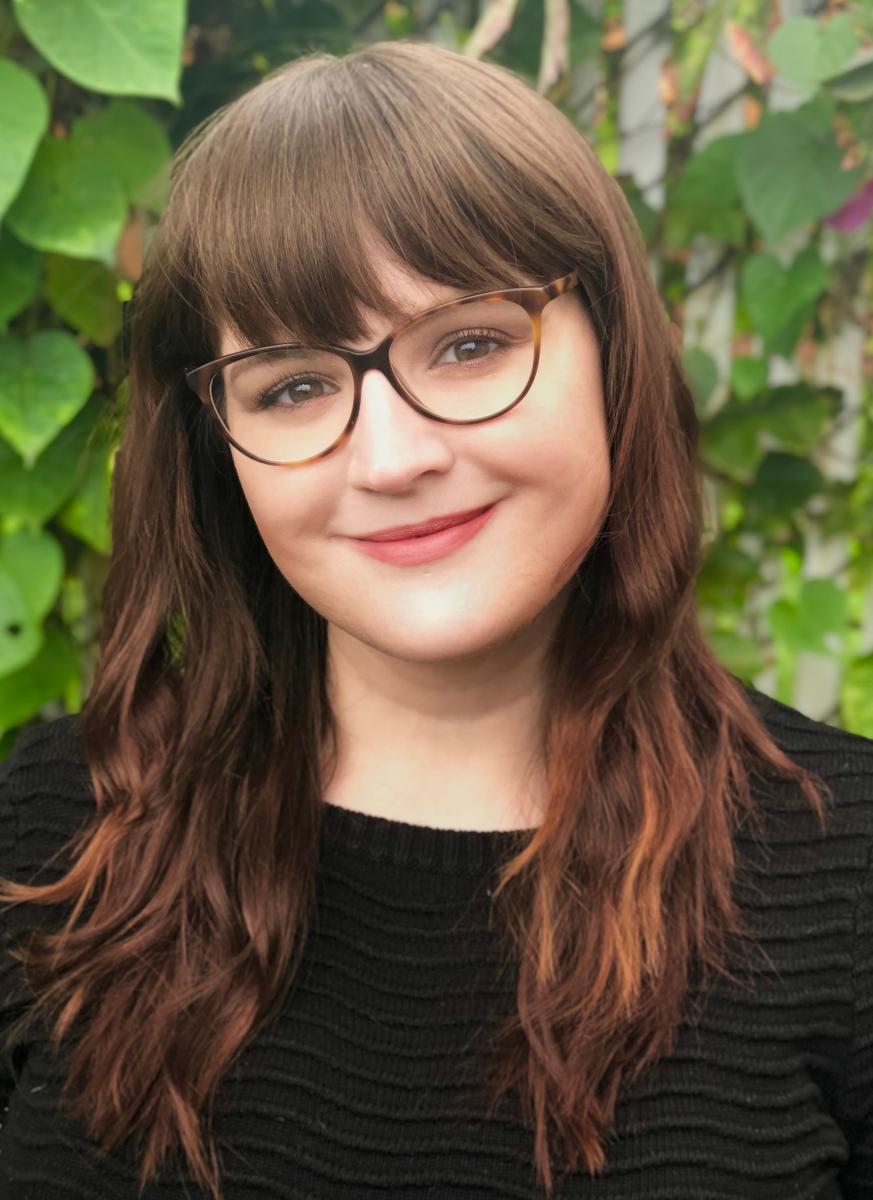
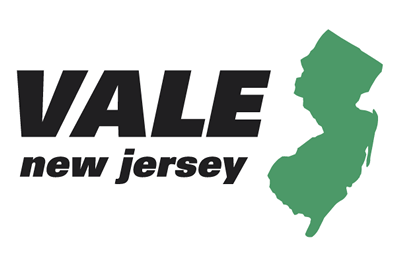
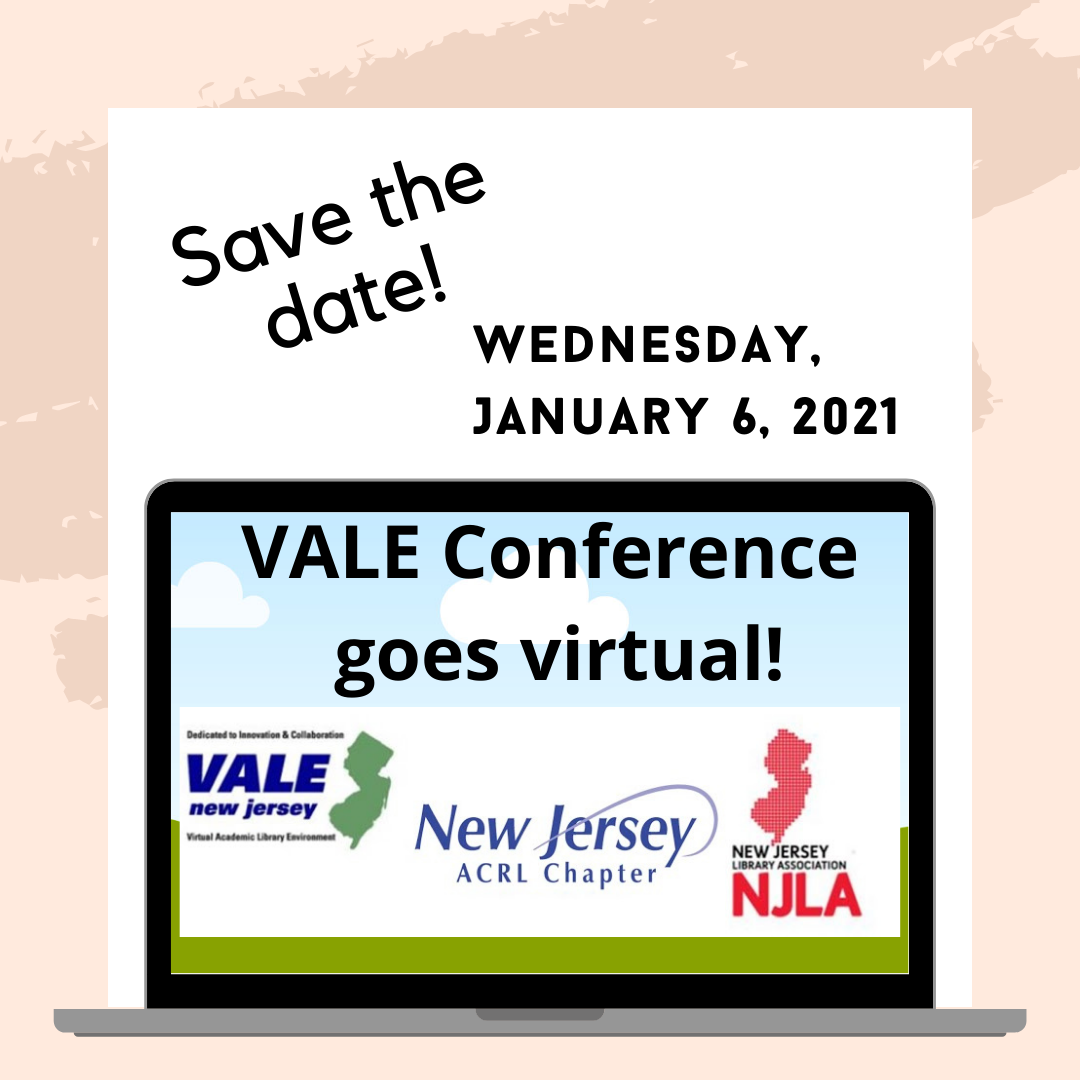
 By David J. Williams, MA, MLS
By David J. Williams, MA, MLS
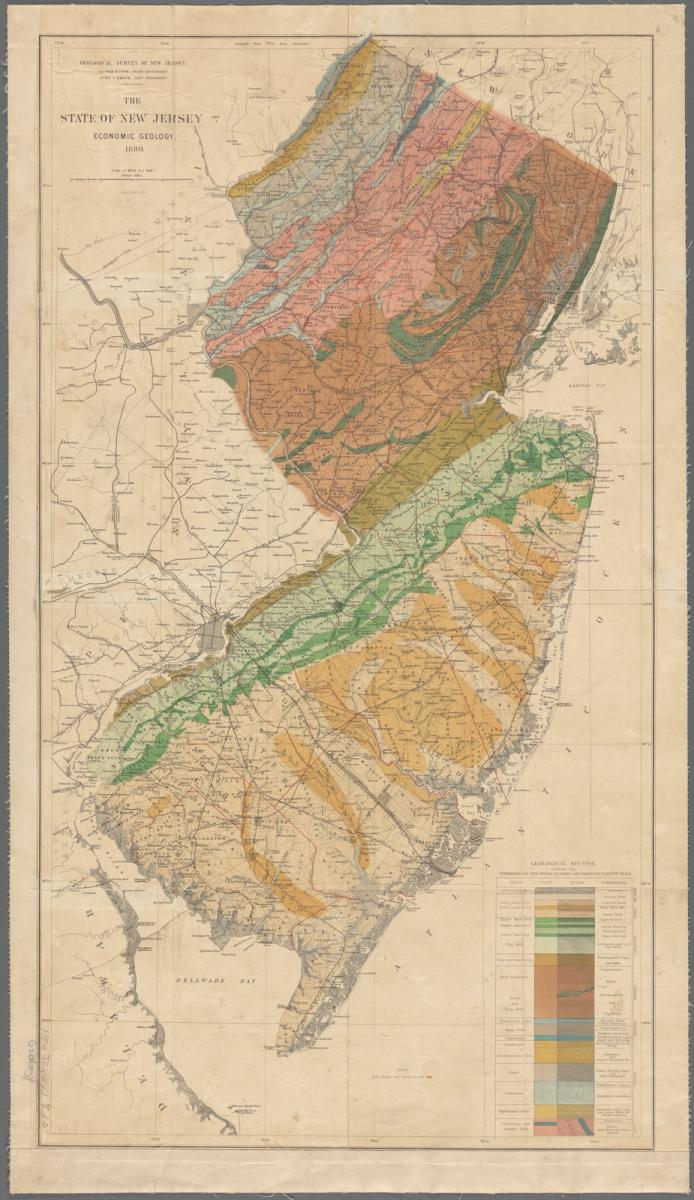 The Map and Geospatial Information Round Table (
The Map and Geospatial Information Round Table (
 Over the summer, NJLA CUS adopted the following statement against racism:
Over the summer, NJLA CUS adopted the following statement against racism: The David & Lorraine Cheng Library launched the Civic Literacy Initiative during the spring of 2019 to support William Paterson University’s commitment to Civic Engagement. Developed and led by Reference & Outreach Librarian Gary Marks, the initiative ensures the Library actively pursues opportunities to enhance the William Paterson community's civic knowledge and awareness. The Cheng Library defines Civic Literacy as the ability for individuals to acquire the knowledge and skills necessary to understand and discharge civic responsibilities in a democratic society. With this understanding, the Library strives to equip students with the requisite tools for lifelong civic participation and leadership. By expanding collaborations with campus partners, the Library has provided students with a new element to their civic engagement experience by offering learning workshops, educational programming, and guest speakers, in addition to our research, discovery, and learning resources.
The David & Lorraine Cheng Library launched the Civic Literacy Initiative during the spring of 2019 to support William Paterson University’s commitment to Civic Engagement. Developed and led by Reference & Outreach Librarian Gary Marks, the initiative ensures the Library actively pursues opportunities to enhance the William Paterson community's civic knowledge and awareness. The Cheng Library defines Civic Literacy as the ability for individuals to acquire the knowledge and skills necessary to understand and discharge civic responsibilities in a democratic society. With this understanding, the Library strives to equip students with the requisite tools for lifelong civic participation and leadership. By expanding collaborations with campus partners, the Library has provided students with a new element to their civic engagement experience by offering learning workshops, educational programming, and guest speakers, in addition to our research, discovery, and learning resources.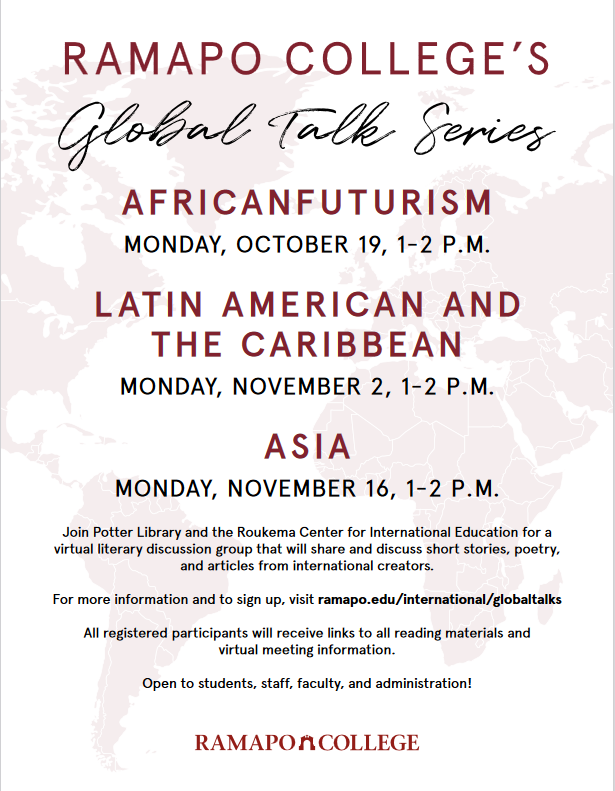
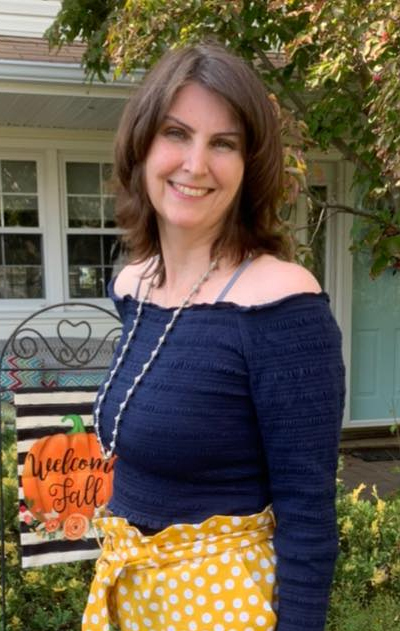

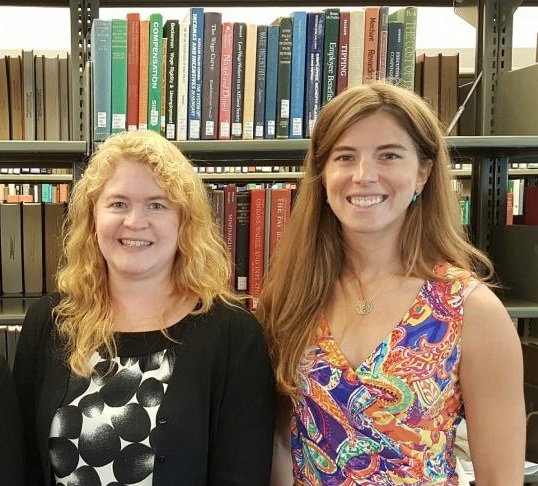 The CUS/ACRL-NJ Newsletter is edited by Joan Dalrymple, Reference and Instruction Librarian at Bergen Community College and Katie Maricic Cohen, Interlibrary Loan, Reference and Instruction Librarian at Ramapo College of New Jersey. Please send newsletter comments, ideas, and submissions to
The CUS/ACRL-NJ Newsletter is edited by Joan Dalrymple, Reference and Instruction Librarian at Bergen Community College and Katie Maricic Cohen, Interlibrary Loan, Reference and Instruction Librarian at Ramapo College of New Jersey. Please send newsletter comments, ideas, and submissions to